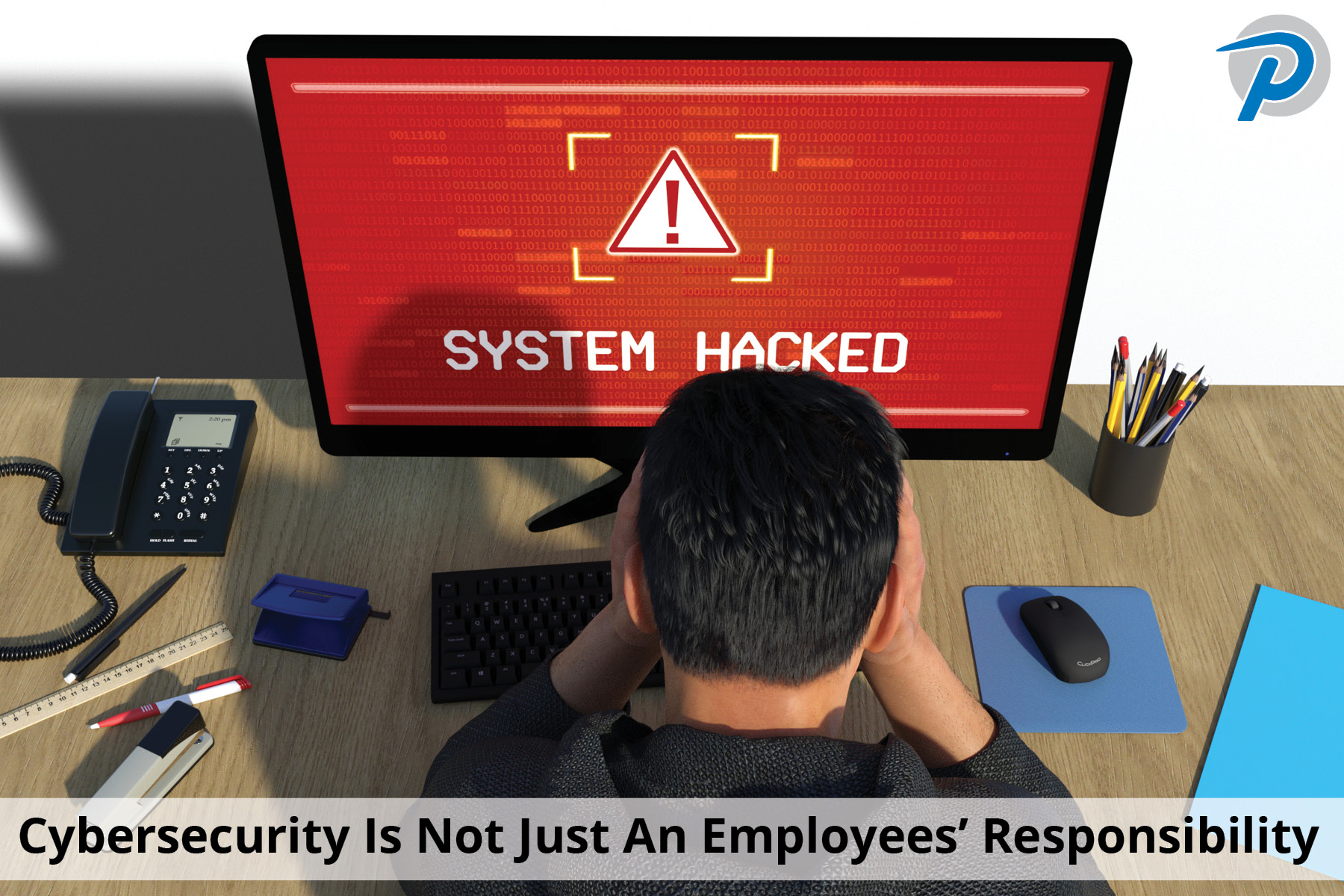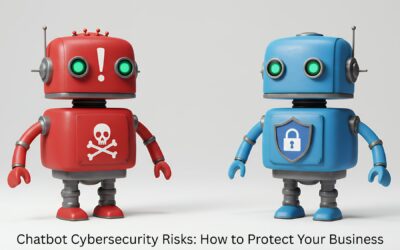While 95% of cybersecurity breaches result from human error, it’s important to understand that maintaining a strong posture in cybersecurity is not just an employee’s responsibility. Let’s explore why a robust cyber defense is a fundamental part of your business infrastructure and why pointing fingers at your team isn’t just unfair—it misses the bigger picture.
1. It’s not your employees’ fault that everyone has access to all your business’s data. Many businesses operate on the principle of trust, granting employees access to all sorts of data. While trust is crucial, a “Zero Trust Strategy” is not about distrusting your employees, but about protecting your data. Zero Trust means that no one is trusted by default from inside or outside the network, and verification is required from everyone trying to gain access to resources. This approach minimizes the chances of data breaches significantly, ensuring that the right people have the right access at the right times.
2. It’s not your employees’ fault that you don’t have segregated backups. Imagine if all your business’s data was stored in one place and that place was compromised. Scary, right? That’s why segregated backups are essential. They ensure that if data in one location is lost or corrupted, other copies exist in separate locations, secure and untouched. This isn’t just a good practice; it’s a crucial safeguard. Without it, you’re not just risking data loss; you’re risking the future of your business.
3. It’s not your employees’ fault that MFA is not offered or enforced. Multifactor Authentication (MFA) adds an extra layer of security by requiring two or more verification factors to gain access to a resource such as an app, online account, or a VPN. Not implementing MFA is akin to leaving your front door unlocked: you’re simply making it easier for cybercriminals to walk right in. Enforcing MFA can significantly reduce the risk of cyber attacks, protecting both your business and your employees from potential threats.
4. It’s not your employees’ fault that there is no payment policy or procedures. Without clear policies or procedures on payments, your business is vulnerable to fraud. Implementing a straightforward policy can prevent scenarios such as unauthorized transactions and scams. A good payment policy should include procedures for verifying requests for money transfers, a protocol for reporting suspicious activity, and ensuring that all payments are authorized at the appropriate levels of management.
5. It’s not your employees’ fault that there is no incident response policy. Hope for the best, but prepare for the worst. An incident response policy isn’t just a set of guidelines—it’s your first line of defense in the chaos of a cyber-attack. This policy equips your team with the knowledge and procedures they need to quickly address and mitigate the effects of a breach. Without it, you’re not just unprepared; you’re willingly stepping into a battlefield without armor.
6. It’s not your employees’ fault that they can access your business data on an unauthorized home device. Allowing employees to access business data from unauthorized home devices is like leaving your house keys under the mat. In the world of cyber security, personal devices can represent significant vulnerabilities unless they are properly secured and monitored. It’s crucial to establish clear guidelines and security measures for any device that accesses company data.
7. It’s not your employees’ fault that the device they work on has not had regular patching and vulnerability remediation. Regular patching and vulnerability management are like getting a vaccine to prevent a future illness—it’s essential. Outdated systems are easy targets for cybercriminals. By regularly updating systems, you protect your business from known vulnerabilities and ensure that your cyber defenses stay strong.
In cybersecurity, everyone has a role to play, but expecting employees to shoulder the burden of security without the proper tools and policies is not only unfair, it’s ineffective. As businesses, it’s our responsibility to set up strong, strategic defenses that protect both our operations and our people. So, let’s shift the focus from blaming to empowering, ensuring we all work together to protect what we’ve worked so hard to build.




